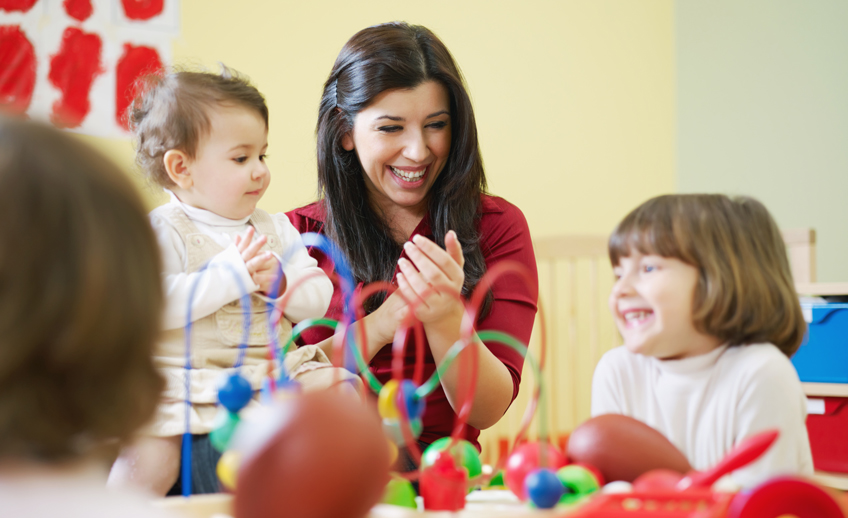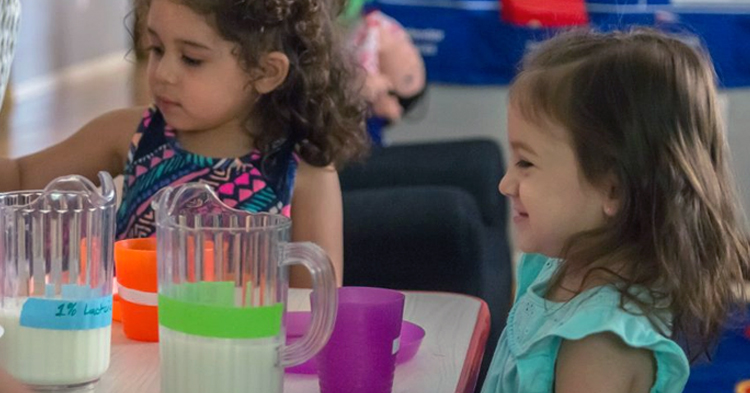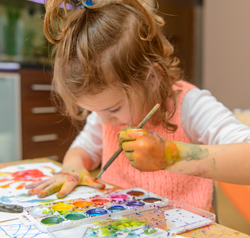Toddler child care should be based on a close, caring relationship between your child and one or two caregivers. Look for a caregiver who will help your child learn language and develop interests and social skills.

Finding the Right Caregiver Takes Time
- To find high-quality child care in Arizona, visit Quality First. Scholarships may be available for low-income families.
- For more help finding child care, contact Arizona Child Care Resource and Referral. They can tell you about the costs of child care and about licensing and certification.
- Start looking early. There can be waiting lists for child care.
- Ask other parents about programs or caregivers they like.
- Make appointments to visit several centers or homes.
- If your child has special needs, make sure the provider has the training to give the right care.
You might be interested in:

Early Head Start and Head Start
Early Head Start and Head Start serve children from birth to age 5, as well as pregnant women. Children learn many skills, including language and social skills. Parents are active in the program. It is free for families who qualify. Call your school district or visit the Arizona Head Start Association or the National Association for the Education of Young Children.
THINGS YOU CAN DO
 Stay in Touch
Stay in Touch
- Check in briefly each day with your child’s caregiver.
- Talk about important issues, such as language skills and guidance.
- Drop in from time to time to make sure all is well.
- Talk to other parents and go to parent meetings.
For Your Child’s Health and Safety
- Do not take a sick child to child care. Have a plan for when your child is sick. See the Child Care for Babies page of this guide for some things you can do.
- Ask your child about each day. Listen to what she says.
- If your child tells you about bad treatment, has bruises without a clear cause or seems neglected, take it seriously. Contact Childhelp, or see the Emotional Health page in this guide.
If a Relative Cares for Your Child
- Talk about ways to help your child learn, such as reading stories, playing games and making things together.
- When your child is ready, discuss learning to use the toilet. Make sure he is not shamed or forced before he is ready. See the Learning to Use the Toilet page in this guide.
- Talk about setting limits and discipline. See the Guiding Toddlers page in this guide.
The First Things First Parent Kit was developed in partnership with Health Research for Action/UC Berkeley. © 2018 The Regents of the University of California. Additional video, graphic and other content © 2018 First Things First. All rights reserved.

